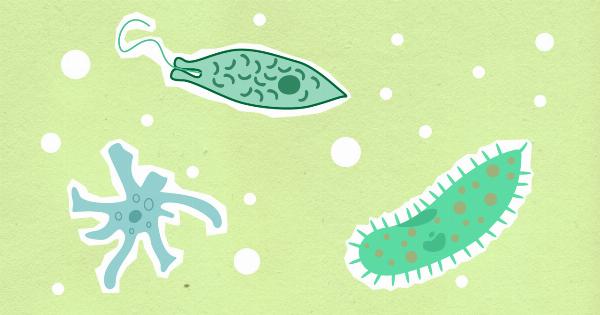Cell renewal is a crucial process that allows tissues and organs to maintain their structure and function.
It involves the replacement of old, damaged, or dysfunctional cells with new ones, which can develop into various specialized cell types about to perform specific tasks in the body. The process of cell renewal occurs continuously at different rates, depending on the tissue type and environmental factors.
Antigens and Cell Renewal
The process of cell renewal is driven by various factors, including antigens, which are molecules that trigger the immune system to produce antibodies and protect the body against infections and diseases.
Antigens can be self-antigens, which are produced by the body itself, or foreign antigens, which are introduced from the external environment, such as foods, viruses, bacteria, and other pathogens.
During cell renewal, antigens play a role in activating specific immune cells, known as T and B cells, which can identify and destroy old or damaged cells, and help promote the growth and differentiation of new ones.
Antigens can also stimulate the production of cytokines, which are chemical messengers that mediate inflammation and immune responses.
Immune Response and Tissue Regeneration
The immune response is an integral part of tissue regeneration and repair, as it helps eliminate damaged cells and debris, prevent infections, and promote healing.
However, excessive or dysregulated immune responses can also contribute to tissue damage and disease, such as autoimmune disorders, chronic inflammation, and cancer.
Recent studies have shown that certain antigens and immune cells can modulate the rate and quality of cell renewal and tissue regeneration in various organs, such as the liver, skin, and intestine.
For instance, a study published in the journal Nature in 2018 found that a type of immune cells called gamma-delta T cells can promote the renewal of intestinal stem cells and enhance the regeneration of damaged intestinal tissues in mice. Another study published in the journal Cell Stem Cell in 2017 showed that a protein called MHC class I can regulate the proliferation and differentiation of skin stem cells and promote wound healing in mice.
The Challenges of Antigenic Changes
Despite the potential benefits of antigenic changes in driving cell renewal and tissue regeneration, there are also challenges and risks associated with these mechanisms.
One of the main challenges is to avoid triggering excessive or harmful immune responses, which can lead to tissue damage or autoimmunity if the immune system attacks healthy cells or tissues.
Another challenge is to maintain the balance between antigenic diversity and stability, as too much or too little variation in antigens can affect the effectiveness of the immune response and compromise the accuracy of cell renewal and tissue repair.
Moreover, certain antigens and immune cells may have conflicting effects on cell renewal and regeneration, depending on the tissue type, developmental stage, and environmental context.
The Role of Epigenetics in Antigenic Changes
One way to address these challenges and optimize the benefits of antigenic changes in cell renewal and tissue regeneration is to understand the role of epigenetics in modulating these mechanisms.
Epigenetics refers to the molecular modifications of DNA and chromatin that can influence gene expression and cellular function without altering the DNA sequence itself.
Recent studies have shown that epigenetic modifications can regulate the antigenic repertoire of immune cells, as well as the differentiation and activation of stem cells and progenitor cells that contribute to tissue regeneration.
For example, a study published in the journal Science in 2018 found that the DNA methylation patterns of hematopoietic stem cells can control the production of a specific class of antigens, known as minor histocompatibility antigens, which are involved in graft-versus-host disease and immune rejection following transplantation.
Conclusion
Cell renewal and tissue regeneration are essential processes that require the coordinated actions of various factors, including antigens, immune cells, cytokines, and epigenetic modifications.
By understanding the mechanisms and challenges of antigenic changes in these processes, we can develop strategies to enhance tissue repair and regeneration while minimizing the risks of immune dysfunction and disease.





























